|
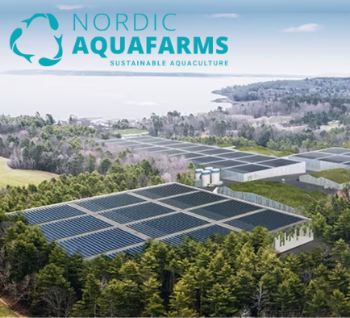
An original design rendering of the canceled Belfast facility. © Nordic Aquafarms
Why Nordic Aquafarms Walked Away from Its Maine Project
 UNITED STATES
UNITED STATES
Wednesday, January 29, 2025, 10:00 (GMT + 9)
After seven years of planning, investment, and legal challenges, Nordic Aquafarms has announced its withdrawal from the proposed 900,000-square-foot land-based salmon farm project in Belfast, Maine.
“This decision comes after long-fought legal challenges waged by opposition,” the Norway-based company stated in a news release, marking the end of an endeavor that saw tens of millions of dollars invested and the acquisition of all necessary permits at the local, state, and federal levels.
A Disappointment for Maine’s Economy
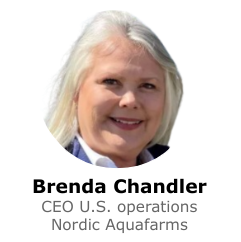 Brenda Chandler, CEO of Nordic Aquafarms' U.S. operations, expressed dismay at the project's cancellation, citing its potential to boost the local economy and support sustainable aquaculture. Brenda Chandler, CEO of Nordic Aquafarms' U.S. operations, expressed dismay at the project's cancellation, citing its potential to boost the local economy and support sustainable aquaculture.
"This is a sad day for Maine's economy and outlook for aquaculture or any significant investment in the state," Chandler stated. "While a few may see this as a victory, it is a significant loss overall — not just for Nordic Aquafarms, but for the community. The expanded tax base for the City of Belfast was substantial, along with the creation of new jobs and Maine's leadership in sustainable aquaculture."
Nordic Aquafarms, known for operating some of the world's largest land-based seafood facilities in Norway and Denmark, will now shift its focus to a project in California, where it plans to farm yellowtail kingfish.
Opposition and Legal Challenges
The project faced strong resistance from two local organizations, Upstream Watch and Friends of Harriet L. Hartley Conservation Area, which voiced environmental concerns and challenged the company's right to use certain intertidal lands for intake and discharge pipes.

“From the start, this was an ill-conceived development on the forested, wetland Little River ecosystem that would have discharged millions of gallons of nutrient-laden water into Penobscot Bay daily,” Upstream Watch stated on social media.
A 2021 ruling by the Maine Superior Court upheld Belfast's decision to seize disputed intertidal land, advancing Nordic’s plans. However, in 2024, the city council vacated the eminent domain action, effectively stripping Nordic of critical access to the bay.
The company filed a lawsuit seeking validation of the council’s reversal but has since decided to abandon the project altogether.
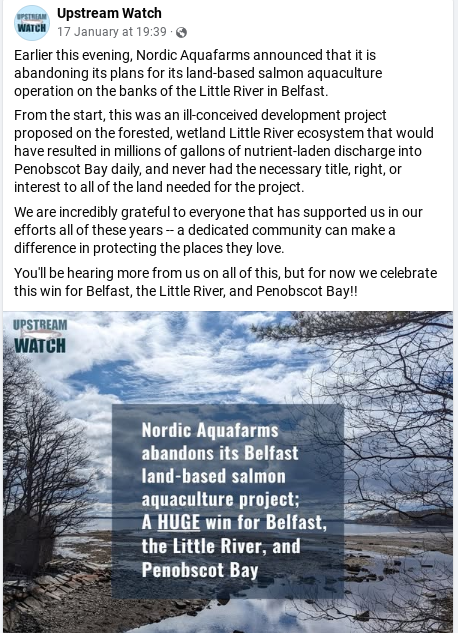
A Missed Opportunity for Maine
Chandler highlighted the environmental and economic benefits that land-based aquaculture provides, such as reducing carbon emissions, conserving water, and protecting wild fish stocks.
“Activism has its place, but with oceans under increasing pressure, solutions like land-based aquaculture are not just innovative — they are essential," she noted.
Shifting Focus to California
Nordic Aquafarms will now prioritize its West Coast project in Humboldt County, California, which recently received permits in May 2024. The company sees this venture as a critical part of its U.S. operations moving forward.
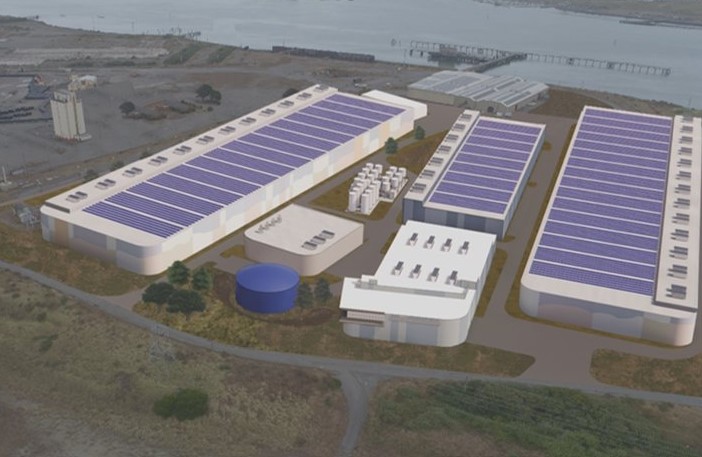
Nordic Aquafarms is developing an aquafarm in Humboldt, California - close to the largest market for yellowtail kingfish outside of Japan.© Nordic Aquafarms
Despite the setback in Maine, Chandler emphasized the importance of sustainable aquaculture in meeting global food security challenges.
“By cultivating finfish in a controlled, environmentally responsible manner, land-based aquaculture addresses several critical challenges: reducing the overall carbon footprint, minimizing water usage, and reducing reliance on imported seafood,” she said.
Ongoing Legal Matters
Meanwhile, Friends of Harriet L. Hartley Conservation Area reported that unresolved legal matters remain concerning the land Nordic purchased for the project. The group has filed an emergency motion to prevent the company from transferring or encumbering the properties in Belfast and Northport.
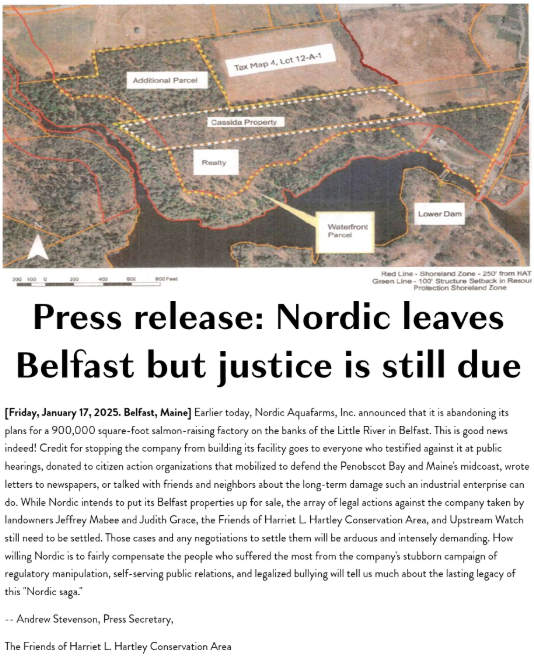
As Nordic Aquafarms closes the chapter on its Maine project, the debate underscores the challenges facing innovative aquaculture solutions in the face of environmental and community concerns.
editorial@seafood.media
www.seafood.media
|



